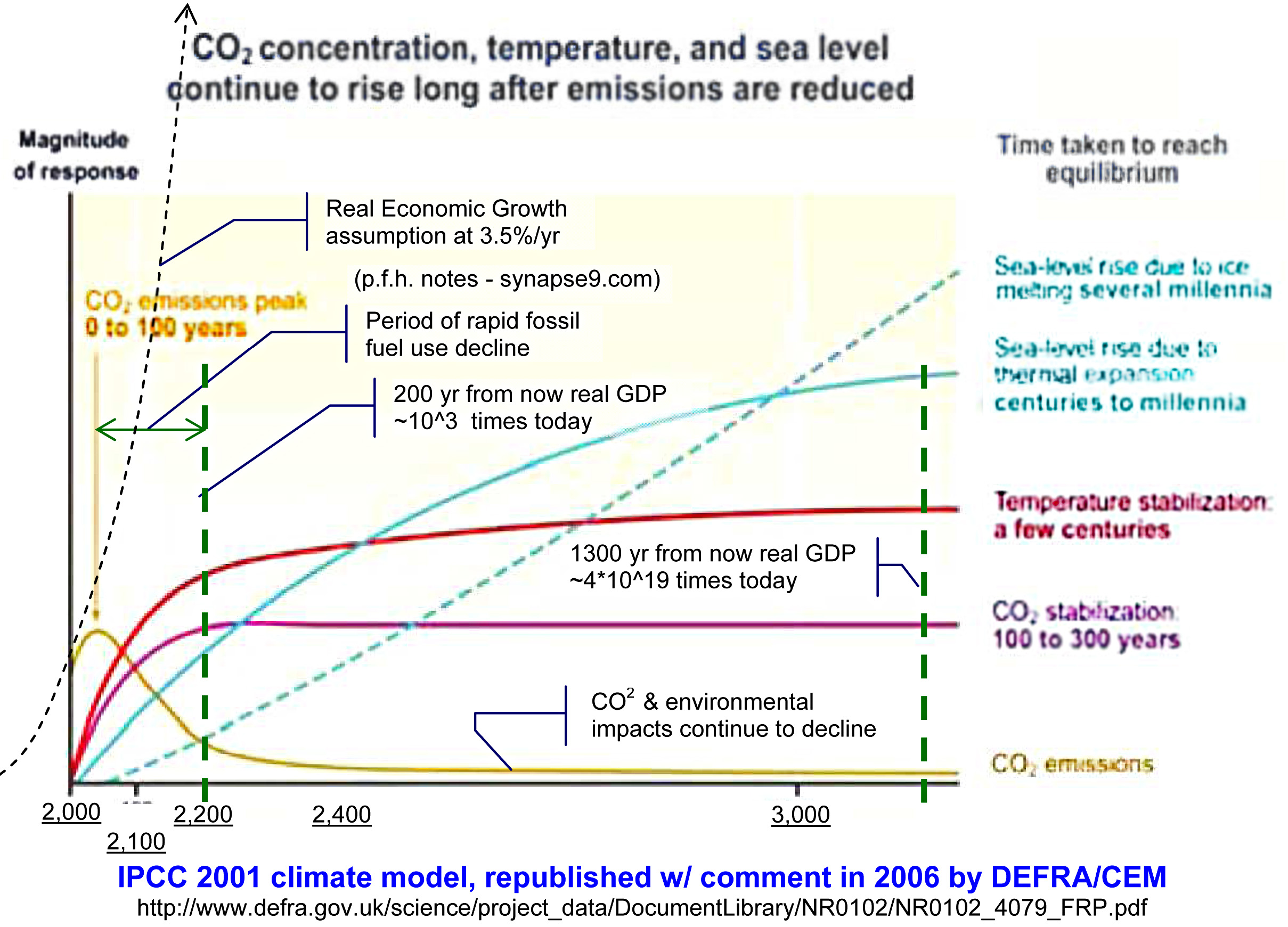Responding to Steve Kurtz 2/14/09
Phil, What evidence do you have to claim that my well-being is dependent upon
me “multiplying other peoples obligations” to me? Steve
—-
Steve,
It’s mainly a kind of “generosity” and show of “trust” that becomes an onerous multiplying obligartion.
We typically all act to multiply the obligations others have to us for performing financial and resource exploitation around the world in two ways. You and I and everyone else buys products that are made by businesses that are given financing only if they return a profit.
It has to be a level of profit that assures their investors a rate of compounding returns, too, better than or equal to what is generally available. Secondly You and I and nearly everyone else, have money in the bank or in the markets earning compound interest, acting in to be the enforcer of the first process from the investor side of it.
It has no limit but for those so obligated breaking their trust and failing to be able to do so, as when the economy as a whole ceases to provide net returns.
We choose to receive compounding returns better than or equal to what is generally available, or we move our money elsewhere to get a better compounding return. With each choice we opt for using the surpluses of business to create real multiplying obligations for others to fulfill. Continue reading Ever multiplying obligations – the “Gold” rule


